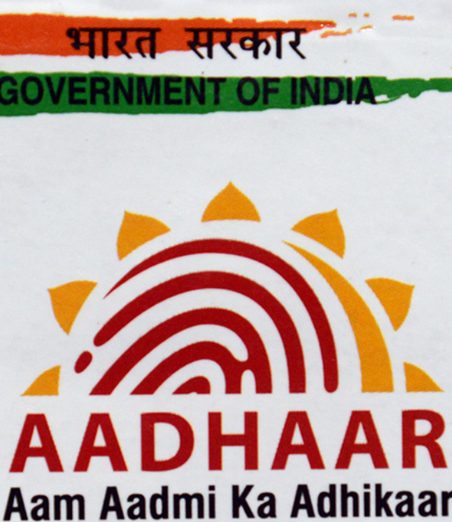New Aadhaar Rules Cause Enrollment Issues for Overseas Citizens (GS Paper 2, Governance)

Context
- Recent amendments to India’s Aadhaar enrollment process are creating significant obstacles for Overseas Citizens of India (OCIs) and Non-Resident Indians (NRIs).
- The latest regulations require individuals over the age of 18 to prove they have resided in India for at least 182 days during the previous year to qualify for an Aadhaar number.
Overview of the New Rules
- The newly implemented rules stipulate that anyone seeking to enroll for Aadhaar must demonstrate their residency in India for a minimum of 182 days within the last year.
- This applies to OCIs, foreign nationals, and various other applicants.
- The primary objective is to ensure that only those with a genuine connection to India receive an Aadhaar number, thereby mitigating the risk of fraudulent applications and enhancing the integrity of the identification system.
Verification Process
- The verification of residency is now managed by revenue officials, which mirrors the process used for passport applications.
- This heightened scrutiny has resulted in a more rigorous verification process, leading to slower enrollment times.
- Many applicants are experiencing delays or outright rejections as officials diligently assess whether they meet the new residency requirements.
Challenges Faced by Applicants
- Documentation Requirements: Applicants must provide comprehensive documentation to prove their residency. This includes utility bills, rental agreements, and tax records, which can be challenging to obtain or may not always align perfectly.
- Delays in Processing: With thousands of applications pending verification, many individuals face uncertainty regarding their Aadhaar status. The backlog is particularly pronounced in urban areas like Bengaluru, where approximately 10,000 applications remain unprocessed.
Impact on Aadhaar Applications
- The changes have already led to thousands of Aadhaar applications being rejected, especially in cities with high expatriate populations.
- The tightening of rules has significantly impacted OCIs and NRIs, as they grapple with meeting the new verification standards.
Specific Issues for OCIs and NRIs
- OCIs: While NRIs are exempt from the 182-day residency requirement, OCIs face unique challenges. Many have encountered discrepancies in their documentation, such as mismatched dates on rental agreements and tax records. These inconsistencies can lead to confusion and rejection of applications.
- NRIs: Although they are not subject to the 182-day requirement, NRIs still experience difficulties during the verification process. The increased scrutiny can lead to longer wait times and added stress when applying for Aadhaar.
Reasons Behind the Changes
- The government introduced these regulations primarily to address national security concerns.
- As Aadhaar serves as a pivotal form of identification in India, there is a pressing need to prevent fraudulent applications that could pose risks.
- By implementing stricter residency requirements, authorities aim to ensure that Aadhaar numbers are granted only to those with legitimate connections to India.
National Security and Identity Verification
- The rationale behind the tightened rules is rooted in the belief that a more stringent verification process will bolster national security.
- The government aims to create a more reliable identification system that can accurately reflect the demographics of the population, thereby reducing potential vulnerabilities.
Moving Forward
To mitigate the challenges posed by these new rules, it may be essential for the government to:
- Enhance Communication: Providing clear guidelines and resources for OCIs and NRIs regarding the documentation required for Aadhaar enrollment can alleviate confusion.
- Streamline the Verification Process: Implementing a more efficient verification system could help reduce delays and backlogs, making the enrollment process smoother for applicants.
- Consider Alternative Verification Methods: Allowing for alternative means of proving residency, such as affidavits or third-party confirmations, could help accommodate those struggling to meet the stringent documentation requirements.
Conclusion
- As these new regulations continue to be rolled out, OCIs and NRIs are facing a challenging and uncertain environment when it comes to Aadhaar enrollment.
- The complexities of the new verification process highlight the need for clear communication from the government and support mechanisms to help applicants navigate the requirements effectively.


